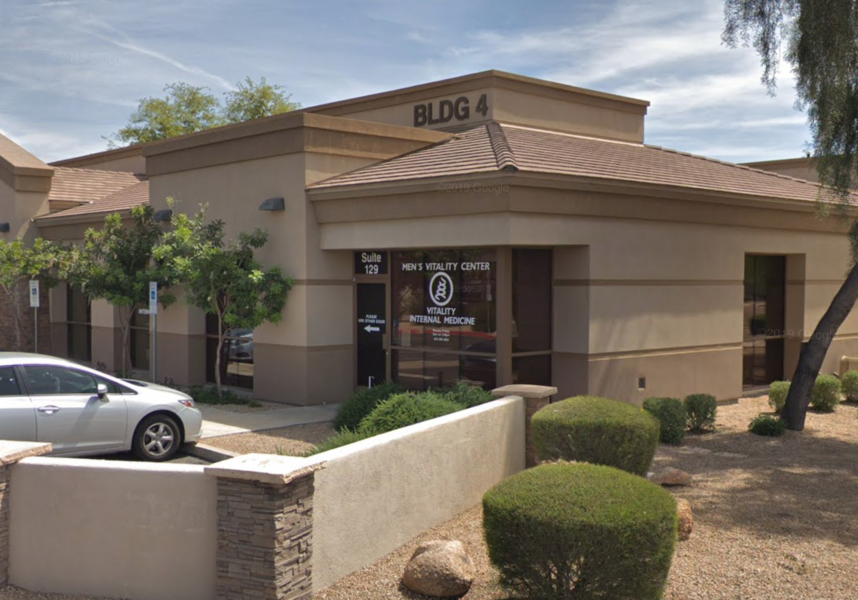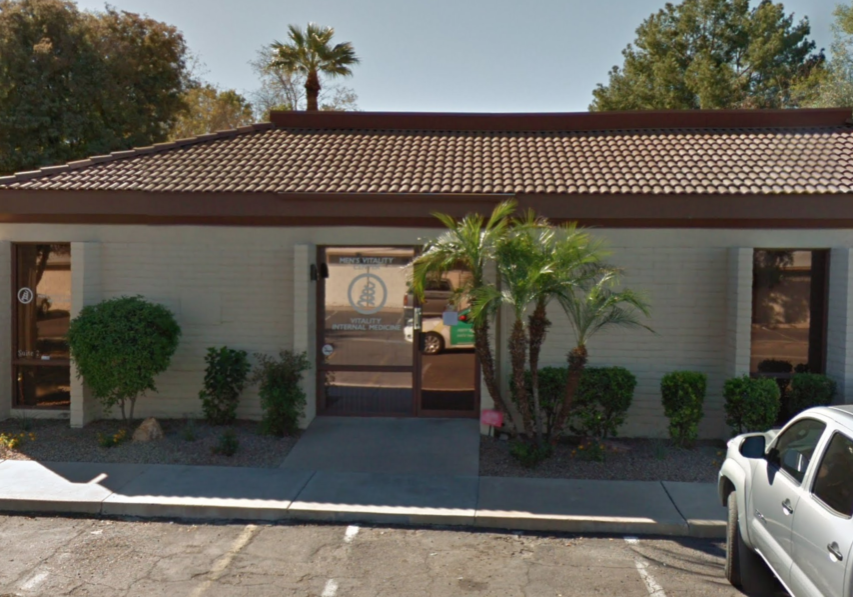Schedule Your Appointment
Fill out an appointment request to have one of our team members reach out to you or CALL(480) 534-5846 to set up your appointment today.
Opioid dependence, which is a physical addiction to prescription painkillers and heroin, affects people of all ages and genders in the US. Unfortunately, those who are affected struggle with seeking help. This is due to the notion that they do not want help because of the stigma of “drug dependence”.
Opioid dependence is a severe and complex health condition that can affect anyone at any age. Whether it is yourself, a loved one, a spouse, friends or coworkers, the disease can reach anyone. It is up to the ones not affected to support and take action to fight the dependence.
The World Health Organization and the National Institute on Drug Abuse define the addiction to dependence as a long-term brain disease. Although this can be treated, the longer the body ingests the drugs, the more of the human brain will adapt to the regular use. Individuals who are opioid dependent may continue with the abuse, regardless of any immediate harmful consequences.
The effects of opioid dependence can happen to anyone. Whether it is a friend, co-worker, spouse, siblings, parents…the call for immediate help is recommended before it is too late.
The Effects On The Brain from Opioid Dependence
Opioid dependence is a long-term medical condition that causes many types of changes in the brain. Although tough to break, opioid dependence can be treated. An option for treatment that is widely common is the use of medication, counseling, and behavior therapy together.
Many individuals believe that they can quit the use of opioids and painkillers cold turkey and they will be okay. Unfortunately, this is much harder than it sounds, especially when the withdrawal symptoms kick in. It is well worth it to seek professional help to ensure that the body understands how to wean away from opioids and reduce the withdrawal symptoms over time.
As a helpful resource, here is our patient’s guide to how we counsel for prescription drug abuse and opiate addiction.


